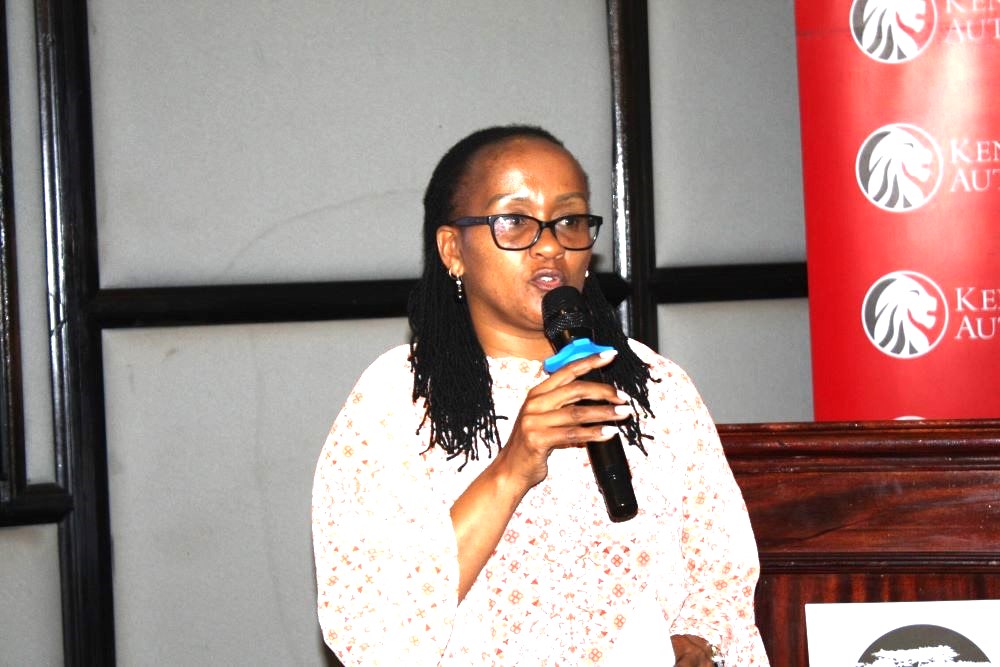I have taught in at least 15 schools, moving from dusty rural classrooms with broken desks to busy urban centers where hundreds of children squeeze into overcrowded spaces. Everywhere I go, I ask learners about their dreams. Their answers are inspiring: some want to be doctors, others pilots, engineers, lawyers, or entrepreneurs. But when I ask if anyone wants to become a teacher, the room falls silent. A few laugh. Others shake their heads. Some even say bluntly, “Never.” The reality is harsh but undeniable — statistics reveal that ninety percent of learners are not ready to take up teaching as a career.
This discovery pains me deeply because I know what it means to stand in front of a class, day after day, carrying the weight of young dreams. I have seen the spark in a child’s eyes when they finally understand a difficult concept, the pride when a struggling learner improves, and the gratitude that comes when a teacher gives encouragement. These are moments that no salary can buy, and they are the soul of teaching. Yet, despite this nobility, our learners see a different story. They see teachers working late into the night, marking books until their eyes grow weary. They see teachers borrowing loans to survive, riding bicycles while other professionals drive cars. They see teachers scolded by parents, dismissed by administrators, and treated by governments as though their work is a burden rather than the backbone of society.
I remember asking a boy once why he would never consider teaching. His answer still echoes in my mind: “Sir, you work harder than my uncle, but he earns triple your salary in the police.” In another school, a girl spoke with sadness: “My mother is a teacher. She is always tired. She has no time for us. I don’t want that life.” And in yet another, a bright student looked me straight in the eye and said, “Teaching is for people who failed to become doctors or engineers. I want respect.” These words are not just youthful exaggerations; they are reflections of what learners see around them every single day.
READ ALSO:
From floor to finals: MP Ndindi Nyoro earns Master’s in Economics
The rejection of teaching is not because learners hate their teachers. In fact, they often admire us. It is because they see a profession that demands everything yet gives so little back. They see exhaustion without recognition, sacrifice without reward, and stress without support. They have internalized the belief that teaching is not a career of dignity, but of struggle.
This truth is heartbreaking because if ninety percent of learners turn away from teaching, who will stand in front of the classrooms tomorrow? Who will shape the doctors, engineers, and leaders that these same learners aspire to become? Without teachers, no other profession can survive. Poor teaching leads to poor learning, and poor learning leads to a society that stumbles into the future unprepared.
And yet, I believe this story can change. It must change. Teachers deserve better — and learners deserve to see teaching differently. Governments must stop treating teachers as expendable and start paying them salaries that reflect the magnitude of their role. Communities must restore the honor and respect that once made teachers pillars of society. Parents must partner with schools, not fight against them, showing their children that teaching is a respected calling. Schools must be equipped with proper facilities, smaller class sizes, and digital tools that make learning exciting. Teachers must be given room to grow — through promotions, leadership opportunities, and continuous training that keeps the profession alive and dynamic.
Most importantly, we must change the narrative. We must tell stories of teachers who rose to become leaders, innovators, and changemakers. We must remind society that every successful professional stands on the shoulders of a teacher. And we must show learners that teaching is not a career of failure but of influence, creativity, and deep fulfillment.
I have walked into too many classrooms where not a single hand is raised when I ask who wants to teach. That silence cuts through me like a blade. But I refuse to accept that this is the future. If we act now — if we give teachers dignity, support, and recognition — then perhaps one day, when a teacher asks that same question, hands will rise, eyes will shine, and learners will proudly say, “Yes, I want to be a teacher.”
The question before us is simple but urgent: will we act in time to make teaching a career that learners desire, or will we watch silently as the noblest profession fades into a last resort? The choice, and the future, is in our hands.
By Hillary Muhalya
You can also follow our social media pages on Twitter: Education News KE and Facebook: Education News Newspaper for timely updates.
>>> Click here to stay up-to-date with trending regional stories
>>> Click here to read more informed opinions on the country’s education landscape
>>> Click here to stay ahead with the latest national new






